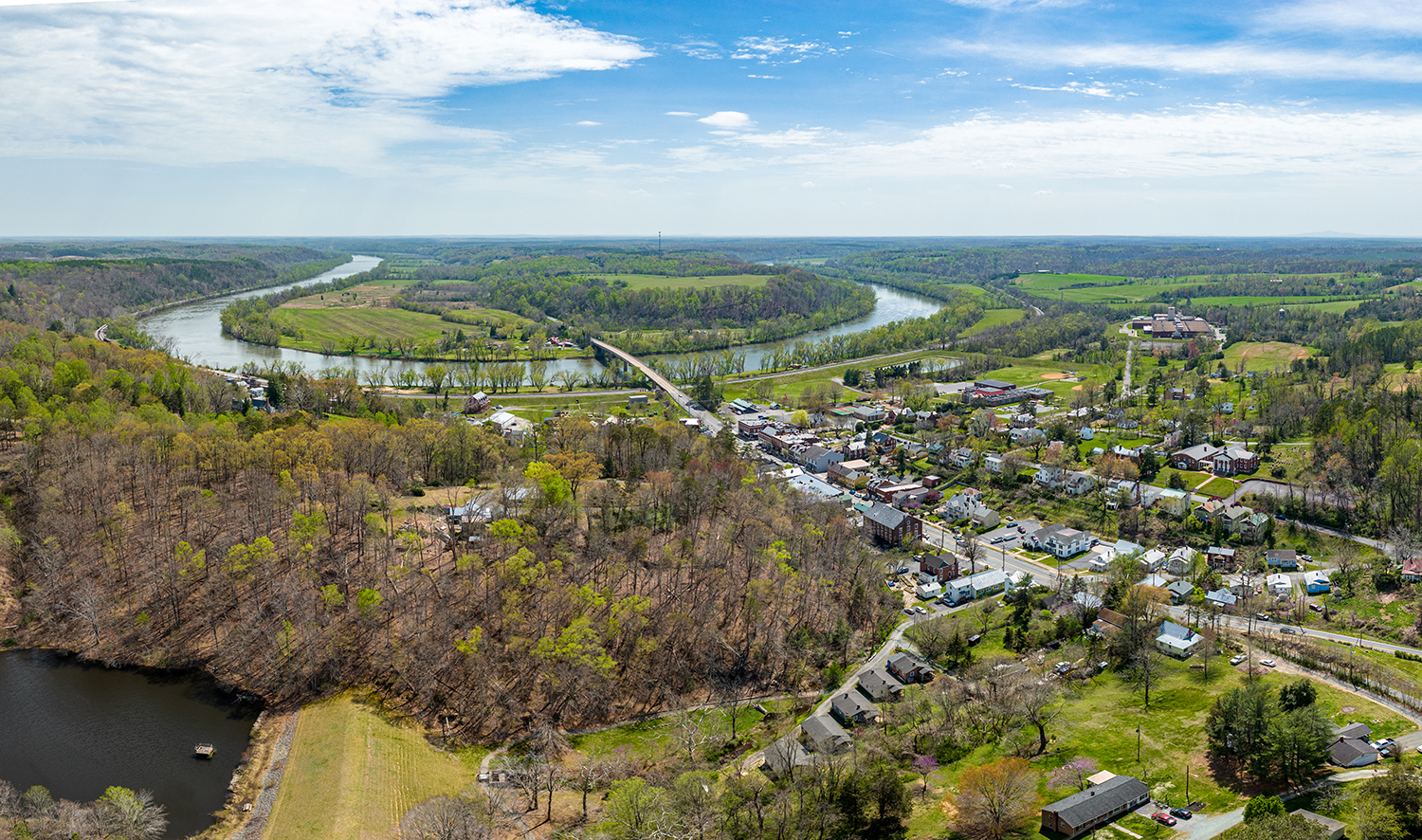Contact:
Kat Imhoff, Sr. Conservation Fellow
The Piedmont Environmental Council
kimhoff@pecva.org; 540-347-2334 ext. 7050

ALBEMARLE COUNTY, VA. (JUNE 15, 2022) – In partnership with Albemarle County, The Piedmont Environmental Council (PEC) has developed a series of tools to help residents learn more about the local risks associated with climate change. The products include an accessible and visual overview document and a series of short videos that present the array of associated climate risks and vulnerabilities expected for Albemarle County.
“We know that our climate is changing, around the globe and here at home,” says PEC Senior Conservation Fellow Kat Imhoff. To better understand and assess exactly how these changes will impact our region, Albemarle County partnered with PEC, Resilient Virginia, Green Fin Studio (a Virginia-based environmental communication firm) and Sobis (a Virginia-based engineering firm specializing in climate modeling) to collect, analyze and convey the best available scientific information.
“What this effort found was that our county is going to get hotter, wetter, and though it might sound contradictory, drier. While we may see extended periods of drought, we are also likely to see increased levels of precipitation from individual storms,” says Imhoff.
Residents are already noticing that our seasons and weather patterns are becoming more and more unpredictable. For example, within the span of three days in January 2022, local temperatures ranged from 70 degrees F to 0 degrees F. Over time, the weather patterns that define our regional climate are moving away from historical trends and “normal” seasonality.
As one step in addressing climate change at the local level, Albemarle’s Board of Supervisors adopted a Climate Action Plan in October 2020 that seeks to reduce community-wide contributions to greenhouse gas emissions, while advancing the County’s vision of a thriving, vibrant community. “We must also prepare as a community for the now unavoidable local effects of global climate change, even as we act boldly to reduce greenhouse gas emissions,” noted Gabe Dayley, Albemarle County’s Climate Protection Program Manager. “This collaboration with our partners represents a crucial first step in building resilience as a community and adapting to a world unlike one we’ve known,” he continued. “The Climate Vulnerability and Risk Assessment and its companion materials will aid us in an inclusive, equitable community engagement process to develop a Climate Adaptation and Resilience Plan.” In addition to reducing its carbon footprint, Albemarle County committed in its Climate Action Plan to adapting to changing conditions by developing a climate resilience plan. The expected changes in our local conditions are presented in a series of tools to help the County and its residents understand their risks and prepare for them. Tools include a full, technical report entitled “Albemarle County’s Climate Vulnerability and Risk Assessment”, a more summarized, visual report called “Preparing for Resilience: An Overview of Albemarle County Climate Change Impacts from the Climate Vulnerability and Risk Assessment,” and a series of topically-focused videos with local experts. The products examine a broad range of changing local conditions, including extreme heat, drought, flooding, fire, disease and pestilence and the intersection of these hazards.

“Resilience plans can provide a roadmap for localities to use to strengthen physical and societal infrastructure so they can address climate challenges while addressing equity issues and maintaining economic vitality,” states Annette Osso, Managing Director of Resilient Virginia. “Albemarle County will be at the forefront of communities in Central Virginia seeking solutions to climate challenges through resilience planning.”
We know that climate change impacts human health. We are already experiencing hotter and longer summers that allow pest species and those that carry diseases, including West Nile virus and Lyme disease, to flourish for longer periods of time. In addition to sleep, our bodies need to be able to cool overnight to remain healthy. For households that do not have air conditioning, of which there are many in our community, higher overnight temperatures will carry long term health implications. The findings also underscore the importance of tree cover throughout the county, for cooling shade and habitat value, as well as carbon mitigation.
Now is the time for all of us to prepare ourselves with the knowledge of what climate change will mean to our community and to us individually. Albemarle County has started updating its comprehensive plan, and all of us need to weigh in and use the lens of climate to inform our land use decisions.
Arm yourself with the facts to join the climate conversation by reading Preparing for Resilience: An Overview of Albemarle County Climate Change Impacts from the Climate Vulnerability and Risk Assessment and watching the series of video interviews with community members, all available on our website. These products include specific actions you can take to join the climate conversation and build a more resilient community.
How to Access the Reports, Videos, and Join the Climate Conversation
Find the reports at: pecva.org/climate
Hear What Others in Your Community Are Saying in these Videos:
Climate Change and Albemarle County
Human Health and Climate Change
Environmental Justice and Climate Change
More videos here at: pecva.org/climatevideos
